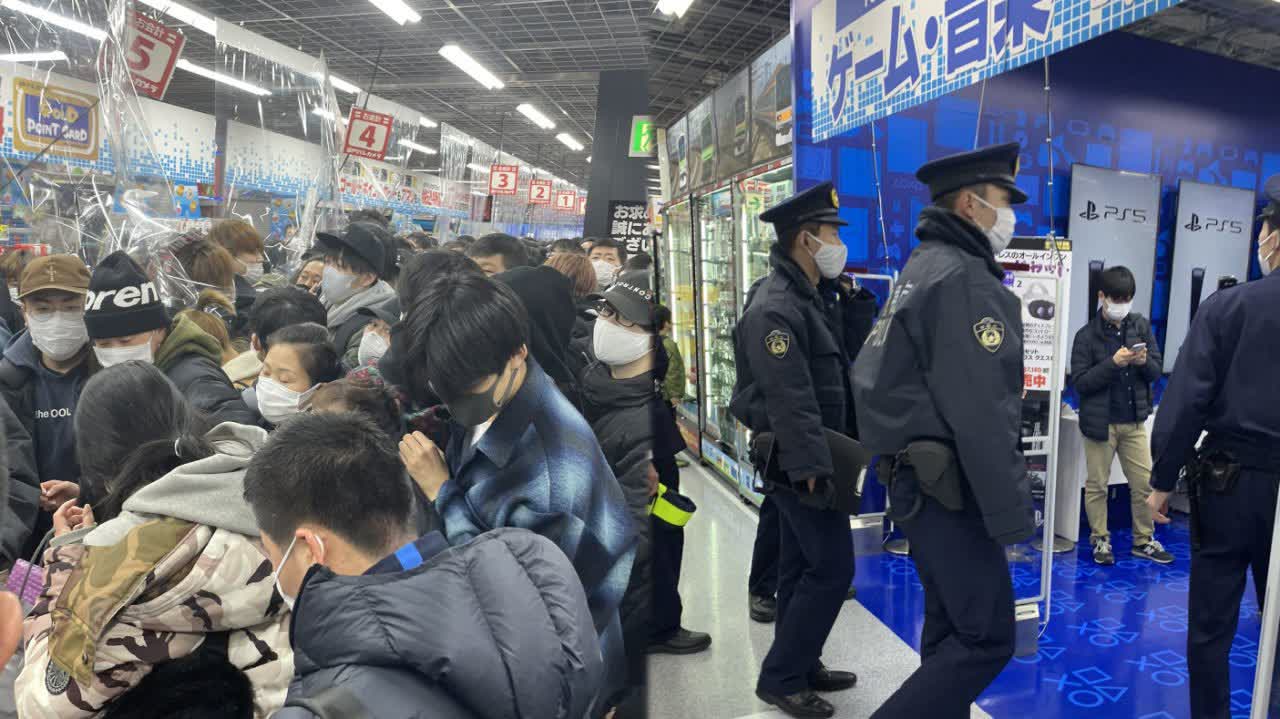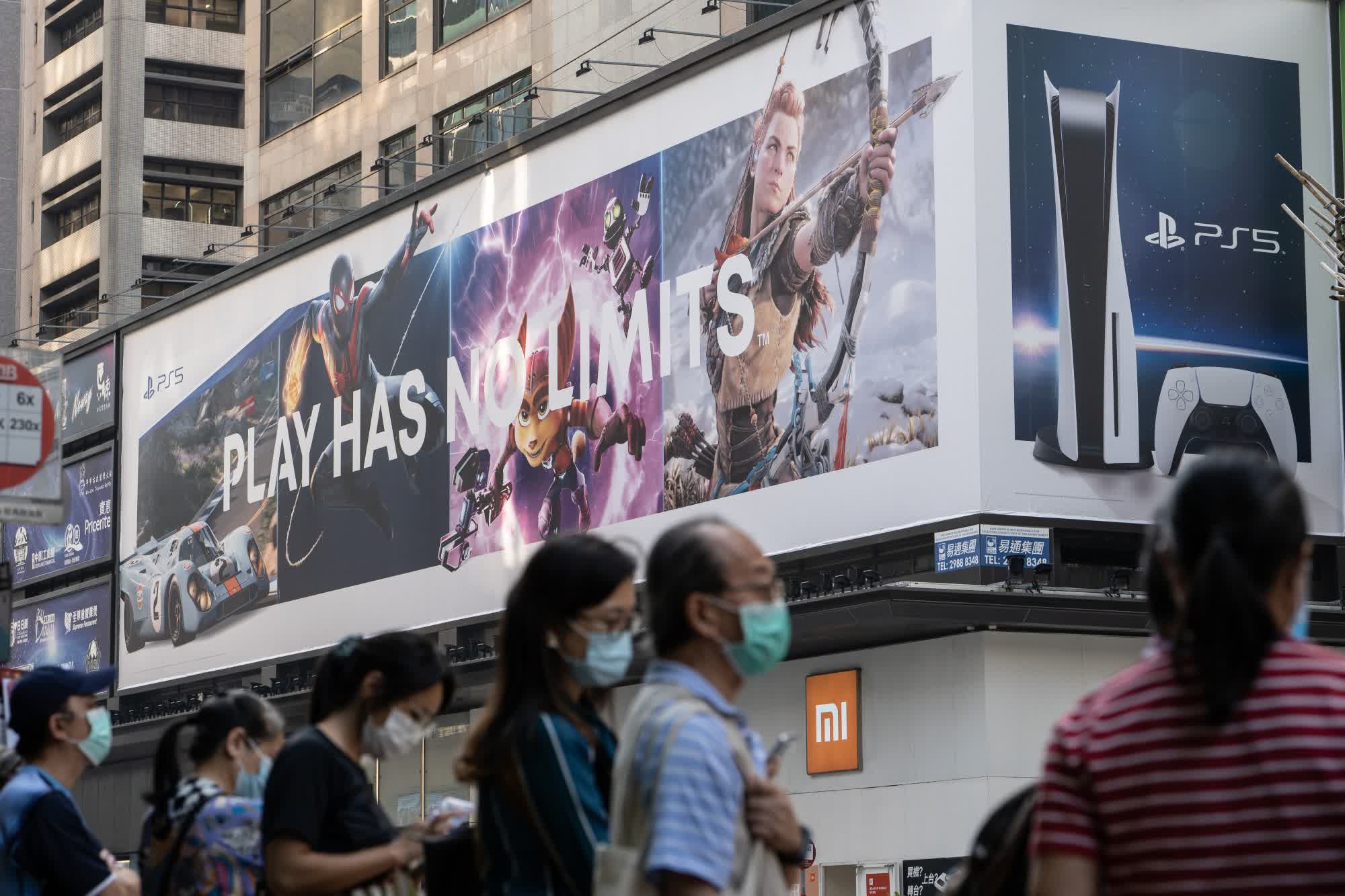In context: Though we PC gamers have been dealing with scalpers, GPU stock shortages, and overpriced hardware in general for years now, console gamers are not much better off. PS5s and Xbox Series X devices are constantly being bought out by bots and resold en-masse for double the asking price, if not significantly more. US retailers have tried to tackle this problem with CAPTCHAs, queues, and purchase limits, but some Japanese companies are getting more creative.
According to a report from VGC, Japan-based retailers Nojima Denki and GEO have both implemented policies to combat scalping. The former is reportedly using a simple marker to write the name of the console's buyer on the side of any given PS5's box, while also "destroying the packaging for the controller."
GEO, on the other hand, is allegedly marking the inside of every console's box. Apparently, that means drawing a "large cross" on the controller's packaging to note that it's a used console and not brand-new from the shelf.
These strategies are certainly interesting, but it's difficult to say how effective they will be at combating scalpers. They're a clever lot and will almost certainly find a way around the dilemma, or perhaps just ignore it if it doesn't hurt their bottom line too much.

With that said, Nojima Denkin's solution does seem a little more practical than GEO's. As far as we can tell, the theory is that a scalper might have a hard time selling a device for an exorbitant price if their name is emblazoned on the side.
Perhaps a wary buyer might think it's stolen and push for a return or refund, or maybe they would just prefer a clean box. Of course, since this rule applies to everyone and not just scalpers, the latter group still wouldn't be satisfied buying direct from Nojima Denkin.
At the end of the day, it's a complicated issue, but these companies arguably deserve some credit for thinking outside the box (literally) here. Online queues clearly aren't working, since bots can easily bypass them and legitimate customers regularly get booted to the back of the line. CAPTCHAs are not impossible for sophisticated programs to solve, either, so some retailers evidently feel like they have no choice but to try something new.
